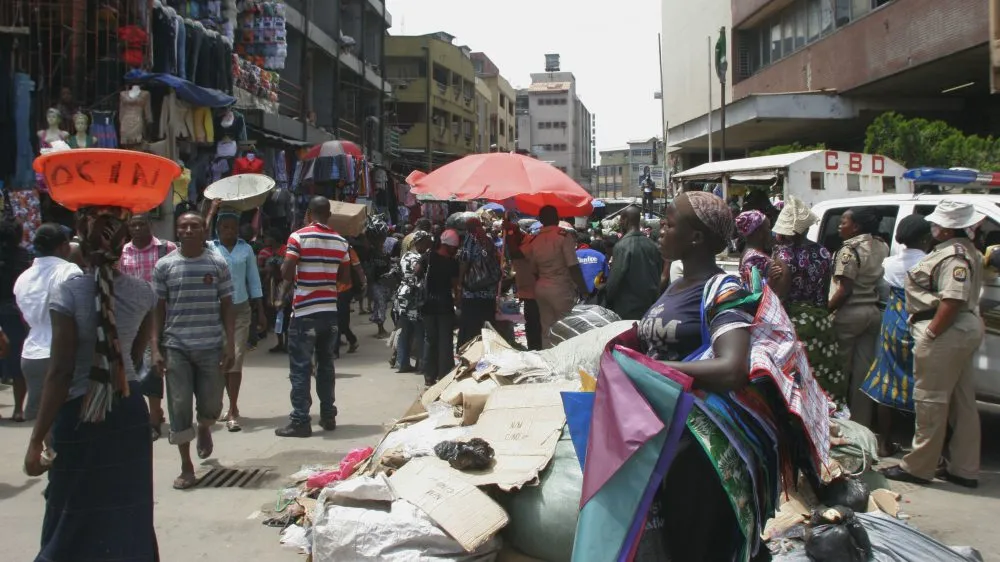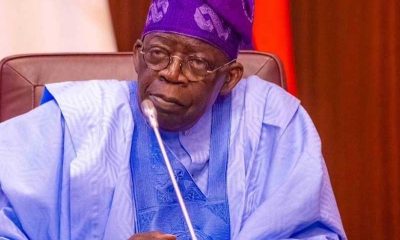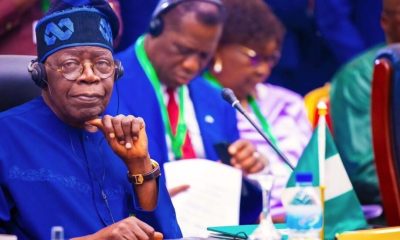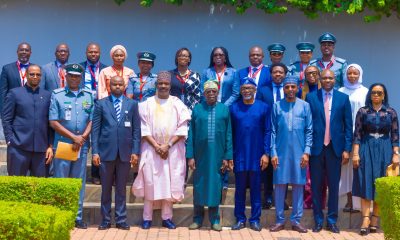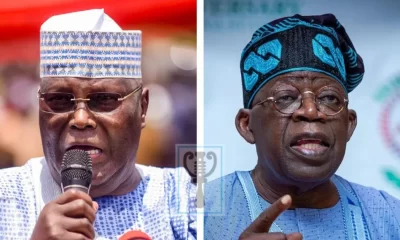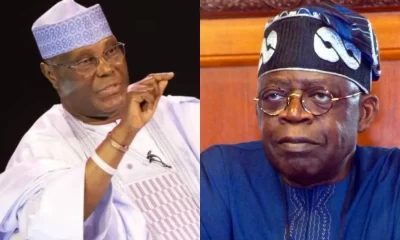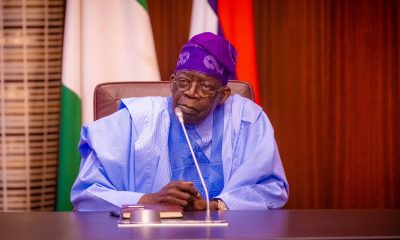The latest Access to Finance (A2F) report by the Enhancing Financial Innovation and Access (EFInA) has revealed that nearly 50% of adult Nigerians are financially excluded due to poverty.
According to the report, this was despite the growth recorded in formal financial inclusion in the country in 2023.
EFInA disclosed that formal financial inclusion grew from 56% in 2020 to 64% in 2023. While describing this as good progress, it noted that approximately 40 million adult Nigerians remain formally excluded
The report commended the Central Bank of Nigeria for encouraging competition in the market and enabling a non-bank-led approach, which is driving the growth in formal inclusion. It, however, noted that the formal access to 64% is only the beginning.
“We need the ecosystem to do more to give the last mile access, and we need to focus on deepening inclusion for those with access. The rapid growth of access to payment is not translating to significant improvement in access to credit, savings pensions, and insurance where the social impact of financial inclusion would be bigger,” EFInA said.
READ ALSO: Obi identifies poverty eradication, job creation as ways out of insecurity
While noting that poverty is a major reason many Nigerians are financially excluded, EFInA said the government would need to formulate policies addressing poverty to drive financial inclusion.
“Nearly 50% of adults have no financial account because they have no income. Complementary policies to financial inclusion that tackle endemic poverty with regard to social investments in education, vocational skills, entrepreneurship, health, and market-friendly economic policies are important to ensure a wider social impact of financial inclusion.
“There are significant disparities in the data released today that demonstrate the face of exclusion. It is predominantly in the North and rural communities. It is more likely to be female, youth, or farmers.
“We must ensure that the incentives exist on both the supply side and demand side to serve excluded communities. We must be intentional about serving these communities,” it said.
The EFInA survey further revealed that one-third of adults in Nigeria have low financial capability and find it difficult to meet their financial needs. It added that high liquidity distress and shocks such as health, economy, and climate, are ultimately impacting the financial well-being of many Nigerians.
“In the face of an emergency, 78% of adults (87 million) will find it difficult to generate NGN75,000 in 7 days.
READ ALSO: Tinubu’s reforms have reduced Nigerians to a life of poverty –Catholic bishops
“With over one-third of adults reporting low financial capability, and relatively low access to formal efficient mechanisms to meet financial needs, Nigeria reports a 12% drop in the proportion of adults who are financially healthy,” it stated in the report.
Since 2008, the A2F survey has provided data on financial inclusion. The survey is currently funded by the Bill & Melinda Gates Foundation following previous funding from the UK Foreign Commonwealth Development Office.
The survey answers questions about how adult Nigerians manage their money, make and receive payments, save, borrow, and manage financial risks. It also provides metrics on women, rural and Northern populations, and low-income households.
a

 Health & Fitness3 days ago
Health & Fitness3 days ago
 Featured1 week ago
Featured1 week ago
 Aviation5 days ago
Aviation5 days ago
 Business1 week ago
Business1 week ago
 Business1 week ago
Business1 week ago
 Aviation4 days ago
Aviation4 days ago
 Aviation4 days ago
Aviation4 days ago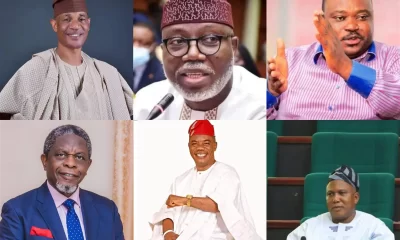
 News7 days ago
News7 days ago
